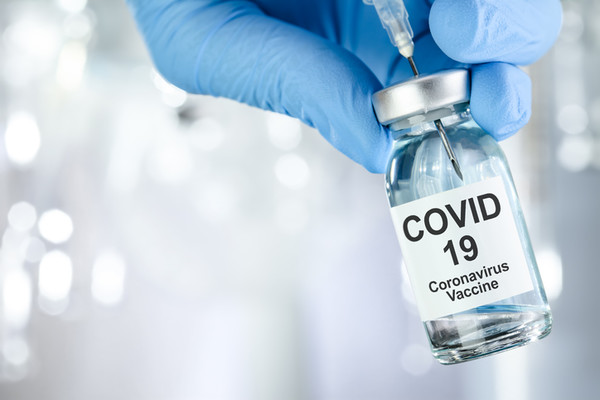The Korean government remains cautious in securing Covid-19 vaccines, causing concerns about possible vaccine shortages.

After the interim announcement that Pfizer and Moderna vaccines, which are undergoing phase 3 clinical trials, showed excellent effects, local media reported that many countries are struggling to secure vaccine supplies.
For example, Pfizer has already signed an agreement to supply more than 1 billion doses to the U.S., EU, Japan, and the U.K.
The U.S. has also purchased 100 million doses of Moderna vaccine in advance. Japan, the U.K., Canada, and Switzerland are also known to have already signed contracts to secure vaccines.
In contrast, Korea has yet to sign a single supply contract with private vaccine developers except for 10 million vaccines secured through COVAX, an international organization related to the Covid-19 vaccine.
Minister of Health and Welfare Park Neung-hoo said at a recent meeting in the National Assembly that the government was also negotiating with vaccine makers.
"The total number of vaccines that the two companies have offered us currently stands at over 30 million doses," Park said. "Their quantities and prices are being negotiated through contact with the companies."
Park added that the government is taking its time to get the vaccines at a reasonable price, however.
The health-welfare minister noted that AstraZeneca's vaccine production is being carried out in Korea, and the country will be at an advantage in securing the vaccine.
Commenting on the vaccines of Pfizer and Modena, Park said, "The two companies are also asking us to sign a contract as soon as possible."
Despite Park's explanation, experts said the need for a Covid-19 vaccine might come quicker than expected as the government confirmed that a third viral wave seemed to be going on in the greater Seoul area.
Health officials have pointed out that if the number of confirmed cases continues to increase rapidly, the government's cautious stance toward securing the Covid-19 vaccine could do more harm than good.
"After a vaccine is developed, it can take a long time before it is mass-produced and widely vaccinated to the general public, and this time difference may range from several months to years depending on the order of obtaining the vaccine," a doctor specializing in infectious disease said, asking to remain anonymous due to the sensitivity of the issue. "Therefore, all countries around the world are working hard to reduce this time lag."
The Korean government is also making efforts, but there have not been any definite results yet, so anxiety is growing, he added.
The expert stressed that while he agrees with the need to validate the vaccine's safety, they still need to put more intensive efforts to secure the vaccine.
"Controversy over the safety of the vaccine is natural as the development stage of the vaccine was so compressed," he said. "However, ordering vaccines after companies prove their efficacy and safety may prolong the pandemic in Korea while others are vaccinating their citizens with preordered vaccines."

